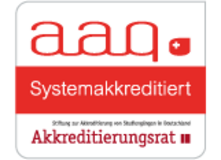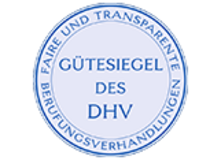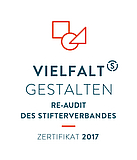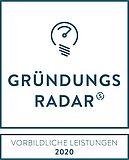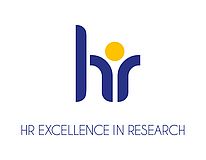Together with their Thai partners, a delegation from Bremen just commissioned the Mahidol-Bremen Medical Informatics Research Unit (MIRU). “MIRU makes our cooperation activities visible at Mahidol University. The lab offers students and scientists from Bremen the opportunity to conduct research under excellent conditions with their Thai fellow students and colleagues,” says a pleased professor of computer science Christian Freksa, who initiated the cooperation project on the Bremen side.
The very latest technology
The laboratory will specialize in computer-aided surgery, intelligent training systems for surgeons, as well as the detection of malaria and dengue habitats. MIRU will be equipped with state-of-the-art computer and interaction technology, such as force-feedback simulators to provide feedback on the force applied during surgery. The work will be carried out in close collaboration with the clinical partners of Mahidol University.
From cooperation to strategic partnership
The cooperation between the University of Bremen and Mahidol University in Bangkok was contractually formalized in 2014. This was preceded by several individual research contacts. Cooperation between the Faculty of Mathematics / Computer Science at the University of Bremen and the Faculty of Information and Communication Technologies at Mahidol University has now developed into a so-called strategic partnership, i.e. an effective and structured continuous cooperation. Of particular importance is the intensive exchange of students and doctoral students, in which candidates from Bremen gain international research experience and are supervised by experts in Bangkok. Currently there are four students and one doctoral candidate in Bangkok. Since 2017, a framework agreement offers the opportunity for bi-national doctorates under joint supervision. The model is to be extended to other Faculties of both universities.
Simulation method for dentistry
Cooperation between the two universities is already established in the areas of medical informatics, cognitive science, artificial intelligence, virtual reality, human-computer interfaces, digital media, robotics, and health sciences. In recent years, for example, students from Bangkok have been coming to Bremen to work on the development of simulation methods for medicine and dentistry or to process geodata to identify malaria and dengue habitats. Ample proof of just how successful these students are is provided by the many prizes and publications in the past three years.
“Impressive commitment”
“Hardly any other cooperation has developed so quickly and through such impressive commitment on the part of all those involved,” emphasizes Professor Eva Feichtner, Vice President Diversity and International at the University of Bremen. Several project proposals are currently in the application phase, including one for a graduate program in cooperation with Mahidol University and Harvard University.
Attention editors: You can find annotated images of the opening of the joint laboratory under: https://seafile.zfn.uni-bremen.de/f/ad4f884aa86c4878a79c/
If you would like to have more information on this topic, feel free to contact:
Prof.Dr. Christian Freksa
University of Bremen
Faculty of Mathematics Computer Science
Phone:+049 421 218 64230
email: freksaprotect me ?!uni-bremenprotect me ?!.de


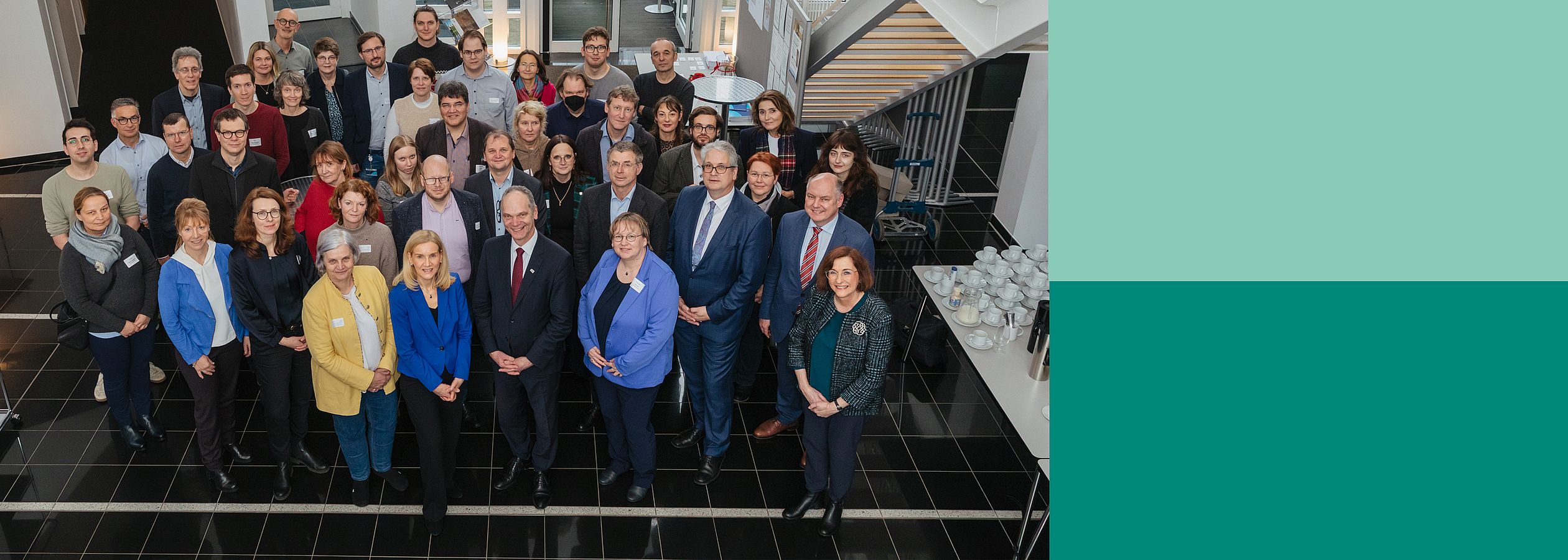

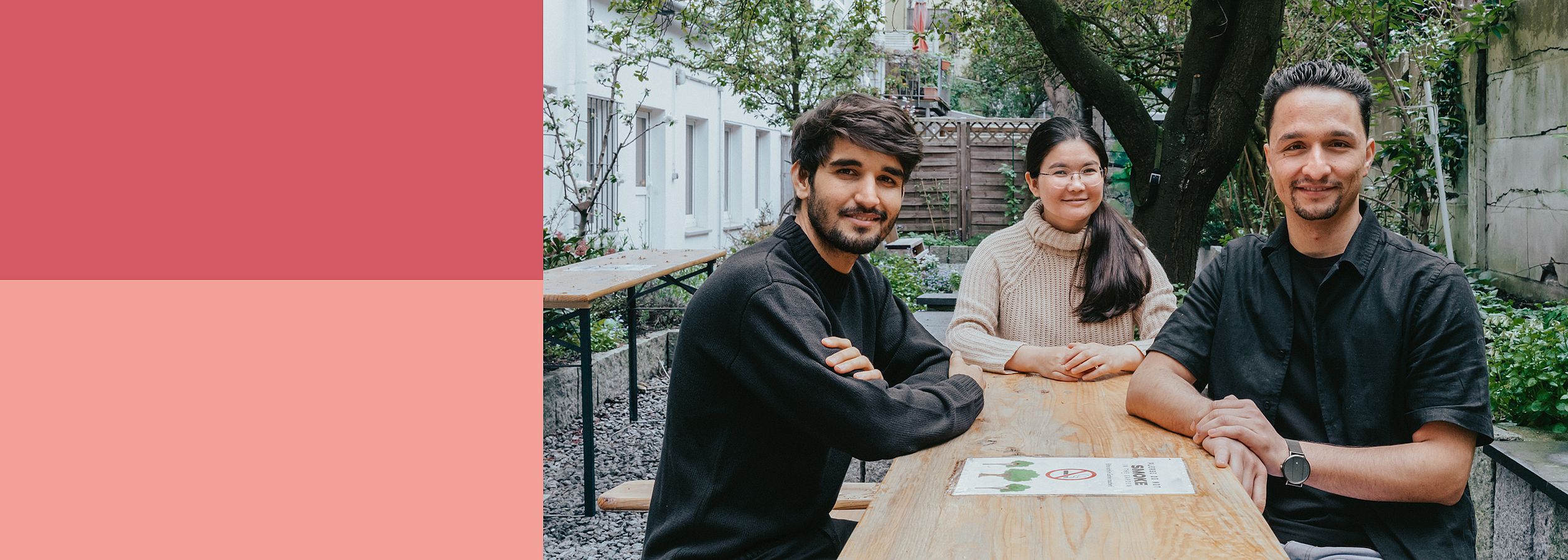
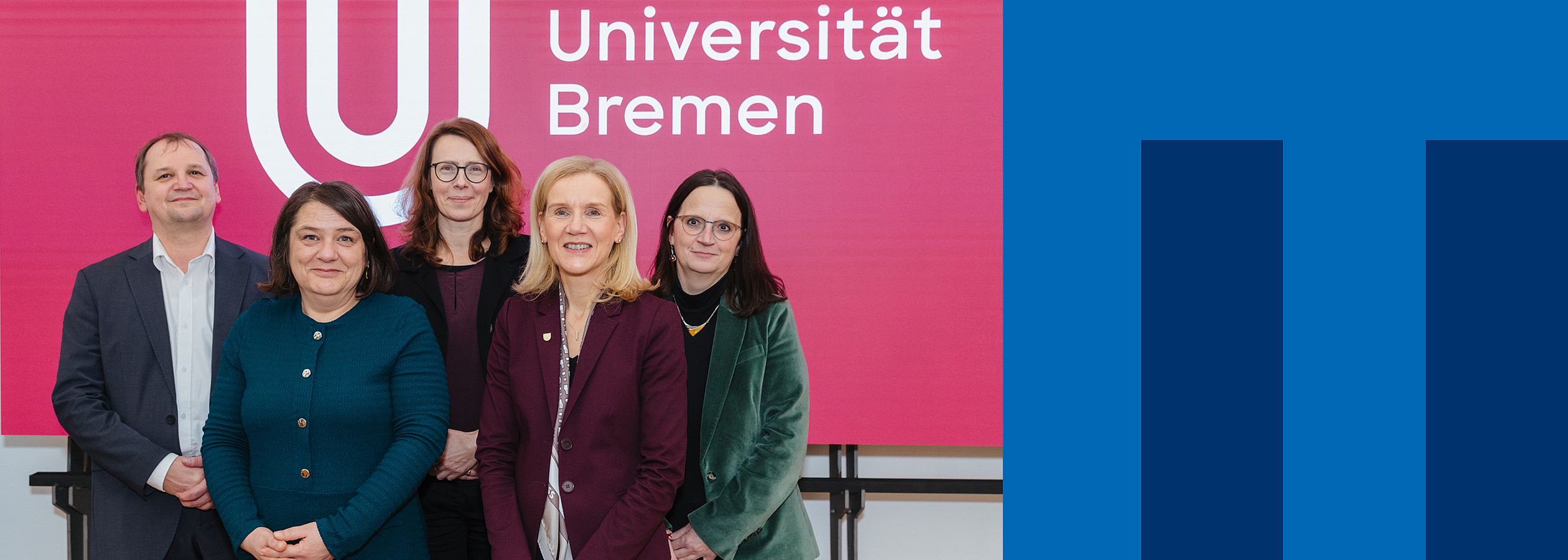
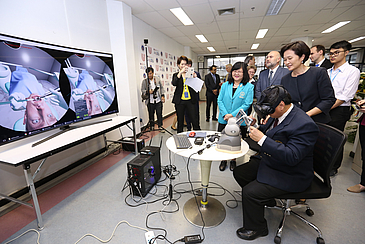





![[Translate to English:] KennenSieSchon_Restaurierwerkstatt_Clebowski A gloved hand runs a brush through the crease of a book.](/fileadmin/_processed_/2/e/csm__DSC5415_Felix-Clebowski_web_1__b5ee94ffc5.jpg)
